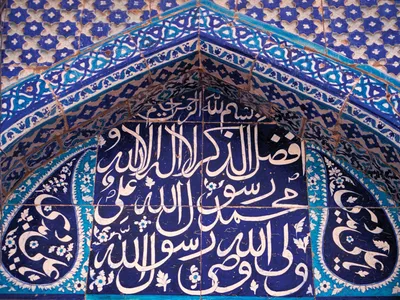In the rich tapestry of Islamic practices, Zakat shines as a beacon of compassion and social responsibility. But what makes Zakat such a cornerstone of Islamic faith and charity? Join us on a journey as we unravel the depths of Zakat’s significance, from its spiritual underpinnings to its tangible impact on society.
The Spiritual Essence of Zakat

At the heart of Islam lies the principle of giving back to the community and uplifting those in need. And Zakat, one of the Five Pillars of Islam, embodies this ethos like no other. But why is Zakat so pivotal in the spiritual landscape of Islam?
Fulfilling Religious Obligation
Zakat isn’t just a charitable act—it’s a religious duty ordained by Allah Himself! Muslims believe that giving Zakat is a direct commandment from Allah, a means of purifying one’s wealth and soul. By fulfilling this obligation, believers demonstrate their obedience and devotion to Allah’s will.
Cultivating Spiritual Growth
Beyond its obligatory nature, Zakat serves as a catalyst for spiritual growth. It fosters humility, gratitude, and empathy within the hearts of Muslims, reminding them of the transient nature of wealth and the eternal value of compassion. Through the act of giving, believers strengthen their connection with Allah and their fellow human beings.
The Socio-Economic Impact of Zakat

While Zakat is deeply rooted in spirituality, its impact extends far beyond the realm of the divine. Let’s delve into why Zakat holds such immense significance in addressing socio-economic disparities and fostering a more equitable society.
Redistributing Wealth
In a world plagued by economic inequality, Zakat emerges as a powerful tool for wealth redistribution. By mandating that a portion of one’s wealth be distributed to those in need, Zakat helps bridge the gap between the affluent and the marginalized. It ensures that everyone in the community has access to the basic necessities of life, thereby promoting social cohesion and justice.
Alleviating Poverty

Poverty is a scourge that afflicts countless individuals and families worldwide. But through Zakat, Muslims can actively combat this injustice! Zakat funds are channeled towards providing food, shelter, healthcare, and education to the less fortunate, offering them a lifeline out of poverty’s grip. By addressing the root causes of poverty, Zakat lays the groundwork for a more prosperous and equitable society for all.
FAQs: Demystifying Zakat
What is the difference between Zakat and Sadaqah?
Zakat and Sadaqah both involve giving to those in need, but they differ in their scope and obligation. Zakat is a mandatory form of giving, calculated based on specific criteria and wealth thresholds, while Sadaqah is voluntary and can be given at any time and in any amount.
Who is eligible to receive Zakat?
Zakat recipients, as outlined in Islamic jurisprudence, include the poor, the needy, those in debt, travelers stranded without funds, and those working in the cause of Islam. However, it’s essential to ensure that Zakat funds are distributed responsibly and ethically to those who truly need assistance.
Can Zakat be given in forms other than money?
While Zakat is typically given in the form of monetary wealth, it can also be donated in kind, such as food, clothing, or livestock, depending on the needs of the recipient and the context of the situation.
Conclusion
In a world fraught with materialism and inequality, Zakat serves as a timeless reminder of the virtues of generosity, compassion, and social justice. From its profound spiritual significance to its tangible impact on society, Zakat stands as a pillar of Islamic faith and charity, enriching both the giver and the receiver in equal measure. So, why is Zakat a Pillar of Islamic Faith and Charity? Because it embodies the essence of Islam itself—a religion of compassion, justice, and unwavering devotion to the welfare of all humanity. Let us embrace the spirit of Zakat and strive to build a world where no one is left behind!


